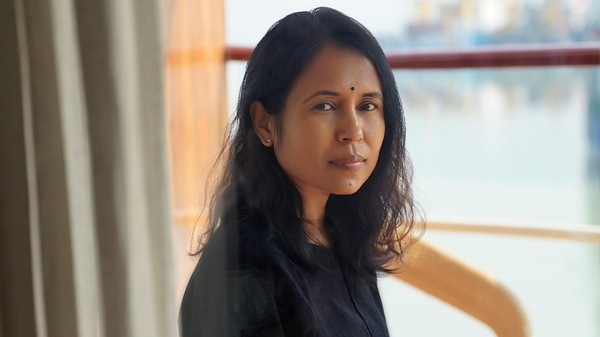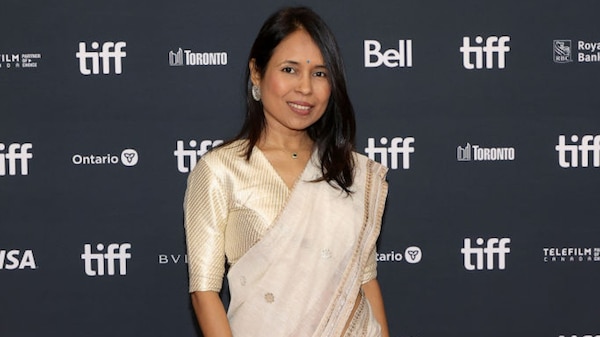Exclusive! Rima Das after Tora’s Husband being screened at TIFF: With festivals and OTTs, the audience in India is showing a renewed interest in regional films
Tora’s Husband is Rima’s third film in a row to be premiered at the Toronto International Film Festival

Last Updated: 12.48 AM, Sep 26, 2022
National Award-winning filmmaker Rima Das’ film Tora’s Husband had its world premiere at the 47th Toronto International Film Festival earlier this month. It is Rima’s fourth film and third to be screened at the festival in a row after Village Rockstars and Bulbul can sing. The film that features Abhijit Das and Tarali Kalita Das in the lead roles was shot during the lockdown. In an exclusive chat with OTTplay, the director opens up about her film, her time during the pandemic, and the state of independent cinema in India. Read on…
Tora’s Husband is your third film in a row to be premiered at the TIFF. How does it feel to get a nod from a prestigious international festival?
TIFF is the biggest public film festival, where the film fraternity and audience come together to celebrate cinema. It was at TIFF that our Village Rockstars journey kickstarted and it is always special to be back there.

When can we watch Tora’s Husband?
We have plans to release it early next year.
This film captures the period of the pandemic. Shooting during the pandemic must have its challenges. It was probably a little more emotionally challenging for you also as you experienced personal loss. Please tell us about the shooting experience during that time.

The film takes a realistic view of life during the pandemic and so we had to shoot in natural locations and real conditions. The pandemic did restrict us not just physically but also emotionally. When we resumed shooting after each lockdown, I could sense the mental state of the cast and crew was changing. It was difficult to focus and maintain consistency.
It was a difficult film to edit as well. The film reflects the turbulence and the stillness during these unprecedented times, people who look fine on the outside but are broke and broken.
Shortly after I started shooting this film, I lost my father. If he were around the film would have been different. How I can’t say. But it would definitely be different.
The Indian film industry is experiencing a change as the perception of Indian film no more equates with the Hindi film industry only. Do you think it is a good time for regional cinema?
There have always been good films in regional cinema but the visibility and reach have been low. In the past few years, with film festivals and OTT platforms, the audience in India and globally is showing a renewed interest in regional films. And it is a very welcome change.
Do you think OTT space played some role in this change? How do you think OTT is impacting the film industry? Is OTT calling the shots?
Yes, definitely. After the film festival and theatrical journey, OTT has helped Village Rockstars and Bulbul Can Sing reach a wider audience. The audience has shown us their willingness to accept different kinds of cinema. India is a diverse country and there are so many different stories with their landscape, cultures, and art forms. As directors and producers, perhaps it is up to us to keep innovating and reinventing.
Please tell us about the challenges you face to be an independent filmmaker in India. Is it a conducive place for indie filmmaking? What can be done to improve the state?
Budget constraints, lack of production, and promotion marketing budgets are some common problems that we face. But I feel if your film connects, it opens up several doors. People from production houses and OTT have reached out to me since Village Rockstars. They don’t see me only doing independent films, they see me as a storyteller. I see opportunities for myself and fellow filmmakers from the indie space to collaborate with producers and create the kind of films we believe in.
What are your plans next? Will you ever make a mainstream urban film?
I want to tell different stories. So yes, I would love to do a mainstream urban film, my way.
Subscribe to our newsletter for top content, delivered fast.
